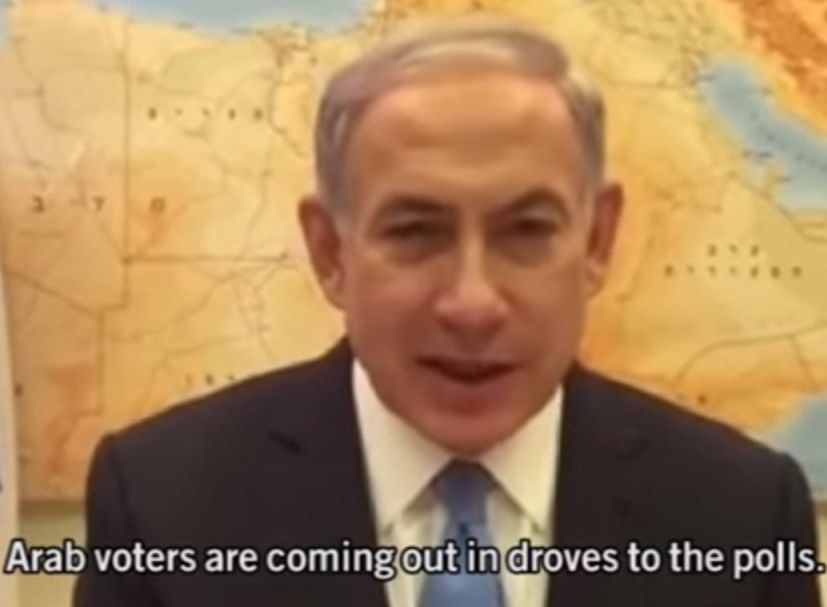District Court sends MK Barakeh's appeal back to the Magistrate Court to explain its decision to convict
Yesterday, 15 December 2014, the Tel Aviv District Court held a hearing on an appeal filed by Adalah on behalf of MK Mohammed Barakeh (Hadash/al-Jabha party) against his conviction for assaulting a right-wing activist during a demonstration against the War on Lebanon in 2006. The Tel Aviv Magistrate Court convicted MK Barakeh of this charge and sentenced him to a fine of NIS 650 (US $165) on 24 April 2014. The Magistrate Court also dismissed two other protest-related charges against him finding that his parliamentary immunity applied to these alleged offenses, and acquitted him of assaulting an undercover officer during a protest against the Separation Wall in the occupied West Bank in 2005.
During the District Court hearing, the three-judge panel ruled that the Magistrate Court did not explain its decision for the conviction, and did not answer the central question about why MK Barakeh's parliamentary immunity does not apply to this charge. The judges decided to return the case to the Magistrate Court so that it can explain its decision, and respond to the defense team’s argument that MK Barakeh’s trial constitutes selective prosecution, as other members of Knesset were not brought to trial for protest-related activities. The judges also asked the representative of the Attorney General’s (AG) Office why he insists on this charge, although it is of less weight than the other two charges dismissed by the Court due to MK Barakeh’s parliamentary immunity.
Adalah General Director Attorney Hassan Jabareen and Adalah Attorney Aram Mahameed, who represent MK Barakeh, emphasized during the hearing that MK Barakeh did not commit any offense. Additionally, in similar and more difficult cases, they argued that Israeli Jewish MKs were not prosecuted, and therefore the filing of this indictment constitutes discrimination against him.
MK Barakeh stated that: "Despite the Magistrate Court’s decision to dismiss and acquit me of the main charges in the indictment, I insist that I am also innocent of this charge. I will continue to fight to cancel it. The charges brought by the AG’s Office are exaggerated and the Court's decision to cancel most of them confirms that this is a political case, just as other political prosecutions that Arab activists and Arab leaders face in this country.”
The charge on which MK Barakeh was convicted is part of a four-count indictment filed by the AG against him in November 2009. The indictment concerned four different events, places and time periods, all related to MK Barakeh’s legitimate protest activities. In October 2011, the court dismissed two of the charges finding that MK Barakeh’s parliamentary immunity applied to them, and therefore he could not be charged. In March 2014, the court acquitted MK Barakeh of the third and most serious charge, which alleged that he assaulted undercover police officers during a demonstration against the Separation Wall in the West Bank village of Bil’in in 2005. The acquittal was delivered due to the stark contradictions between the officers’ testimonies and the evidence presented by the defense team.
Case Citation: Criminal Appeal 13515-06-14 MK Barakeh v. The State of Israel (Tel Aviv District Court)















